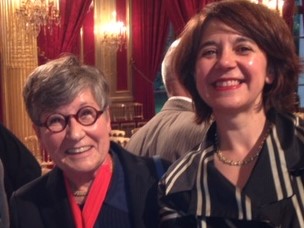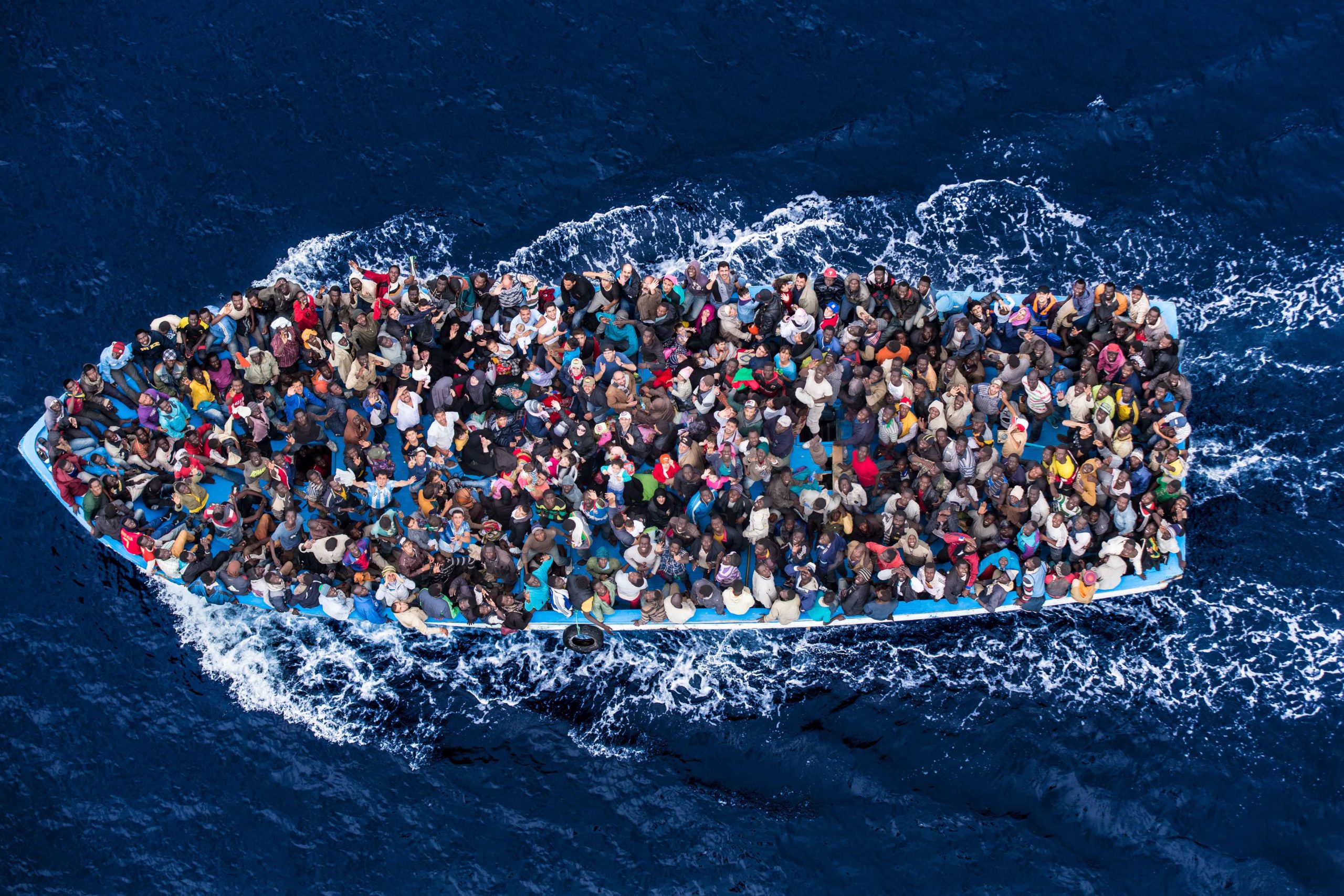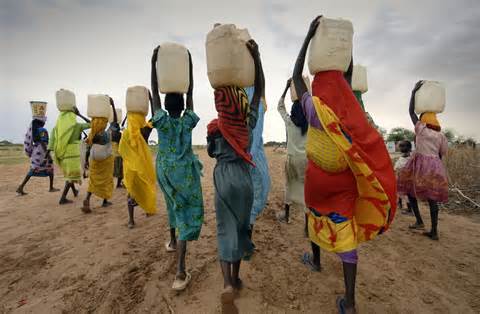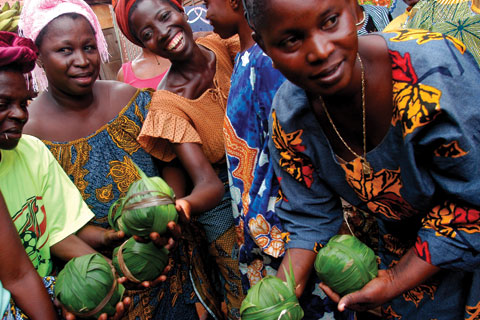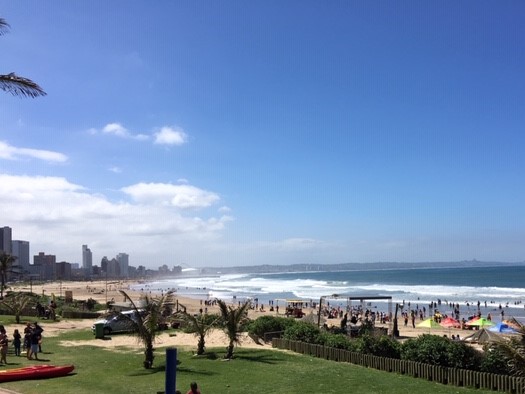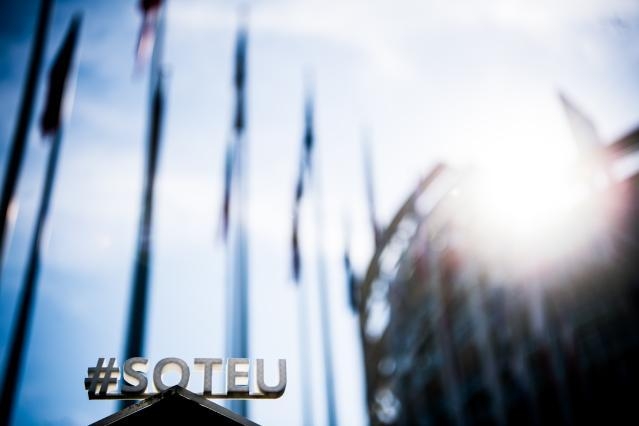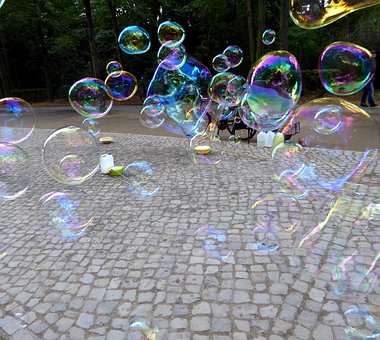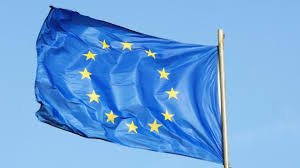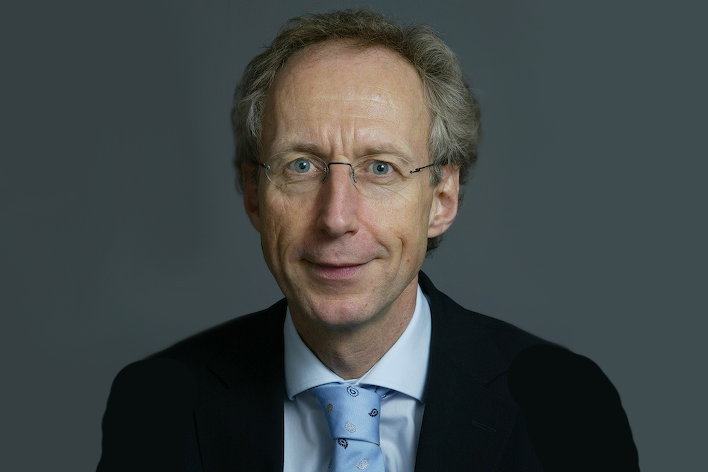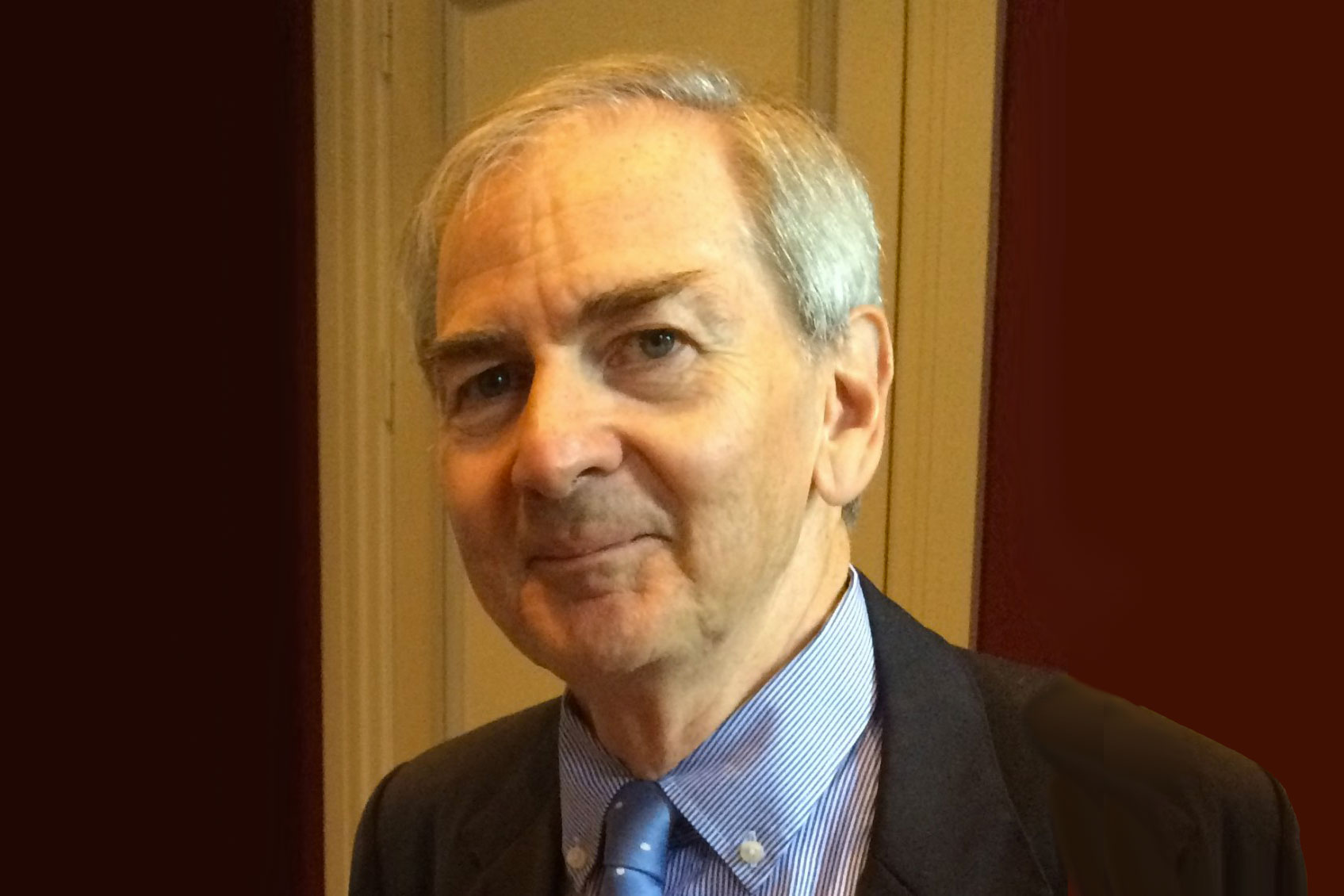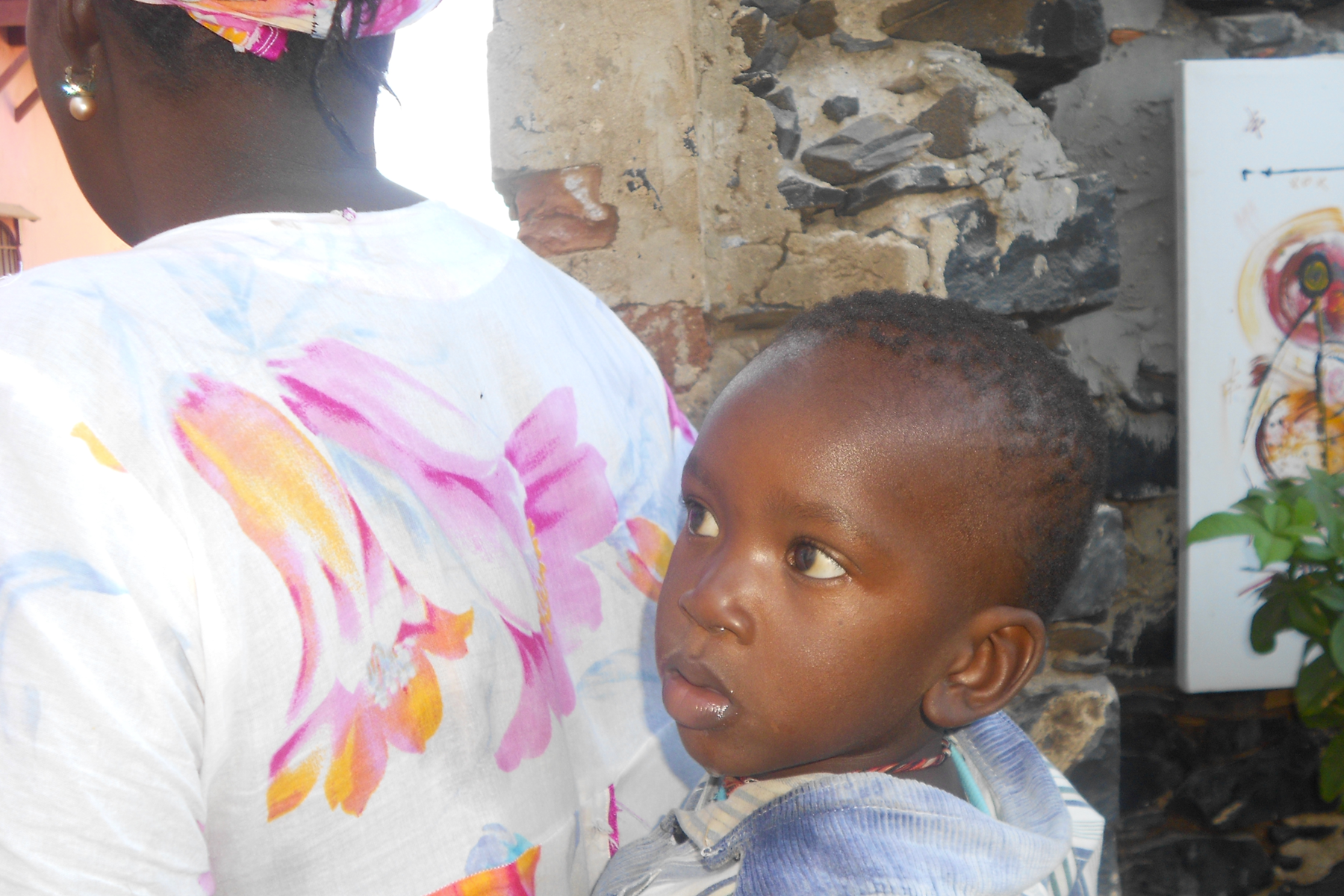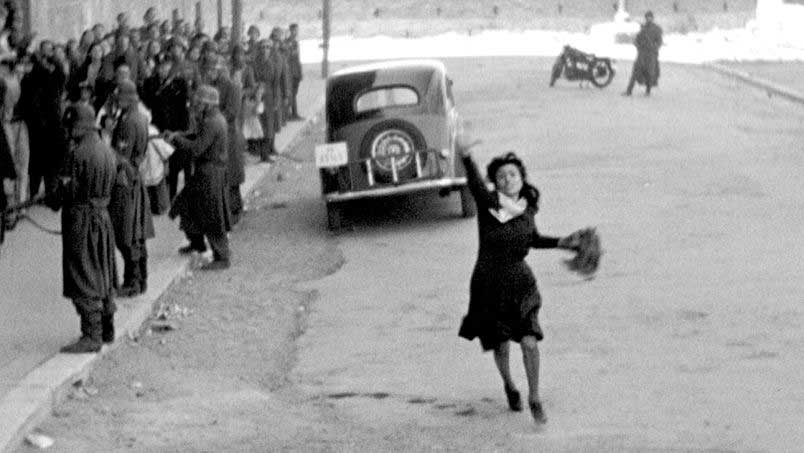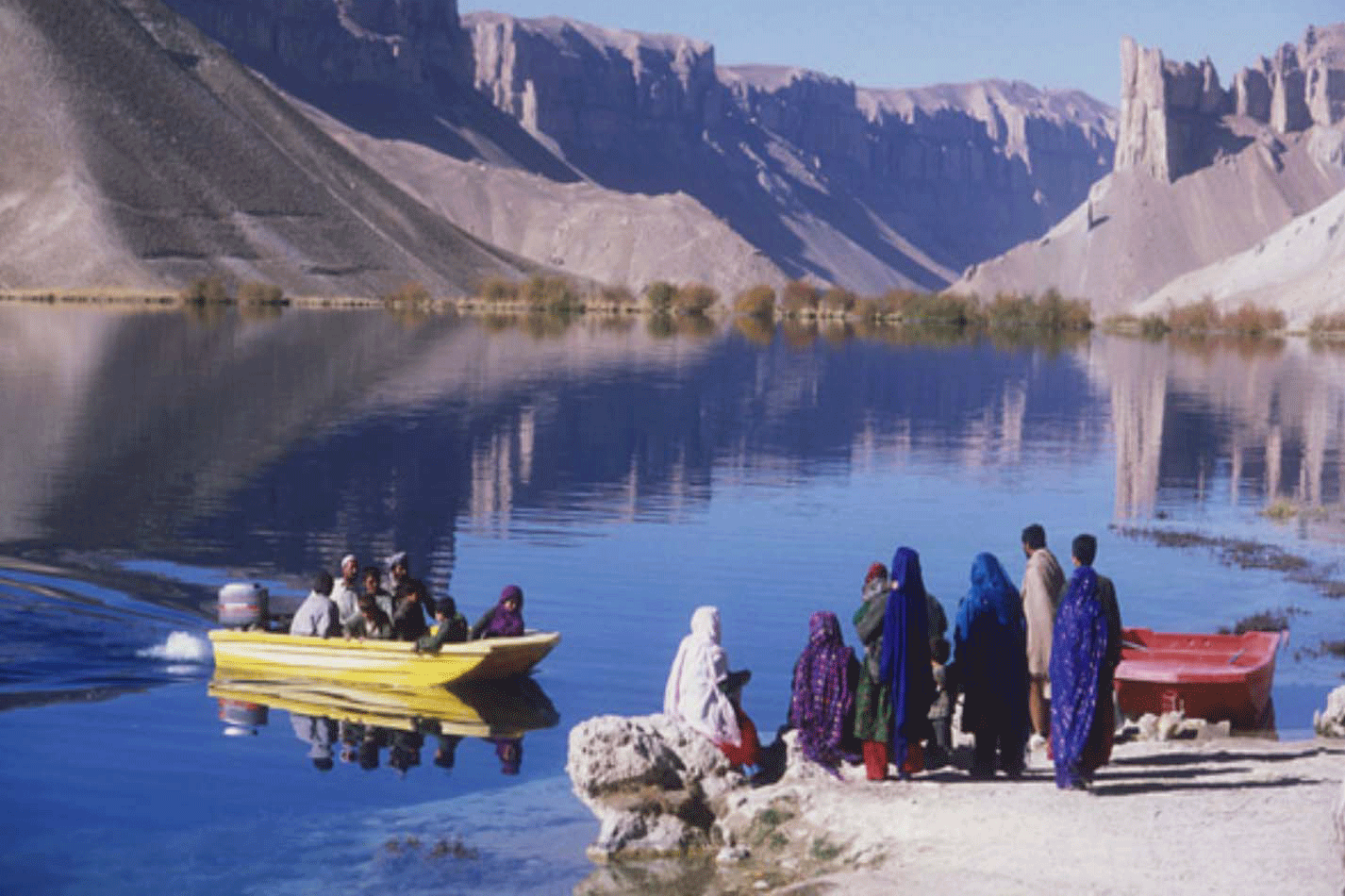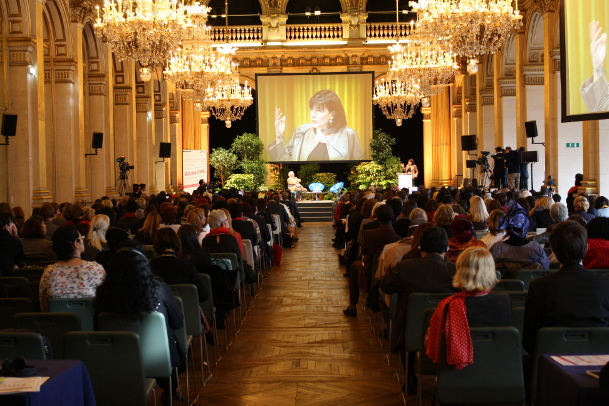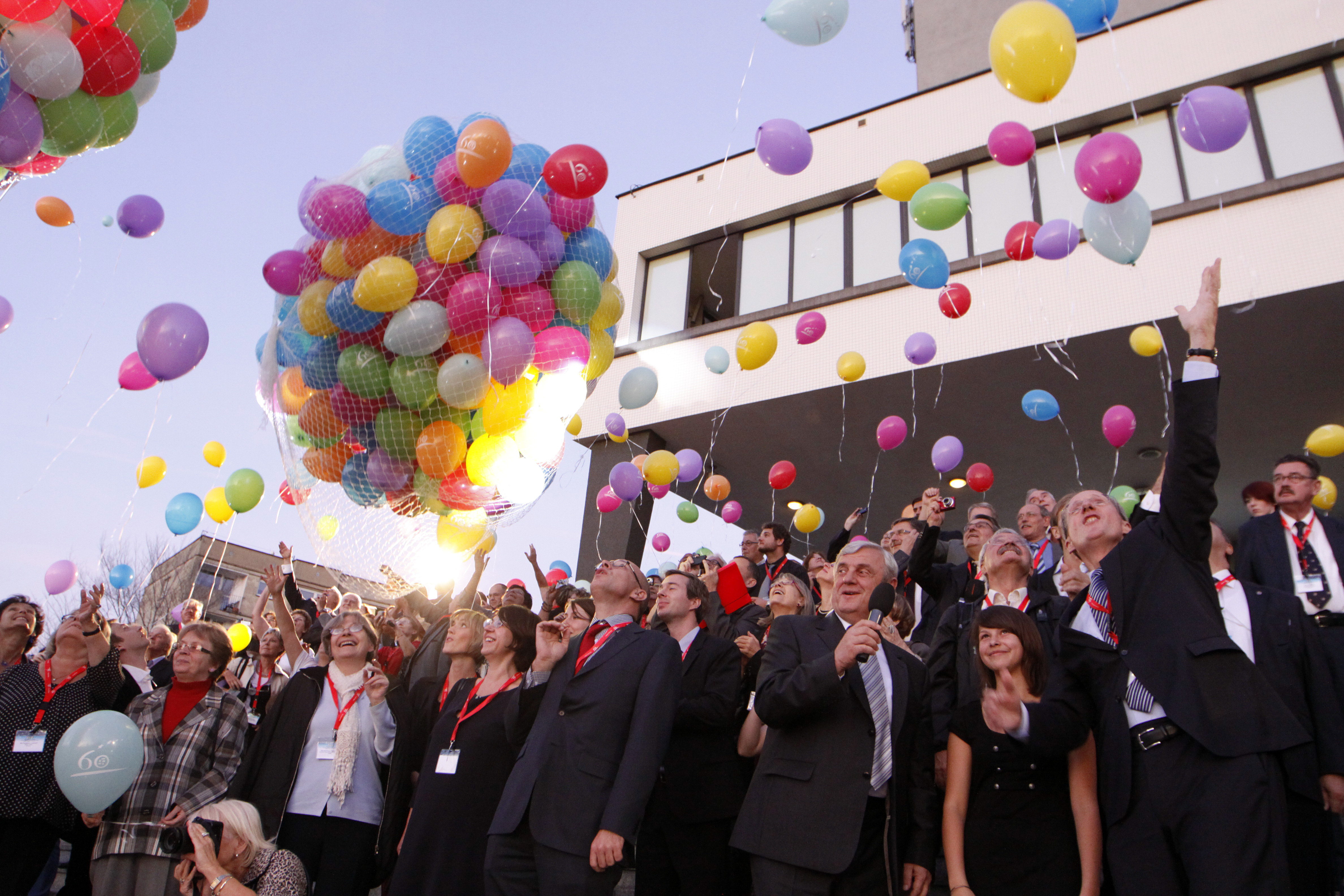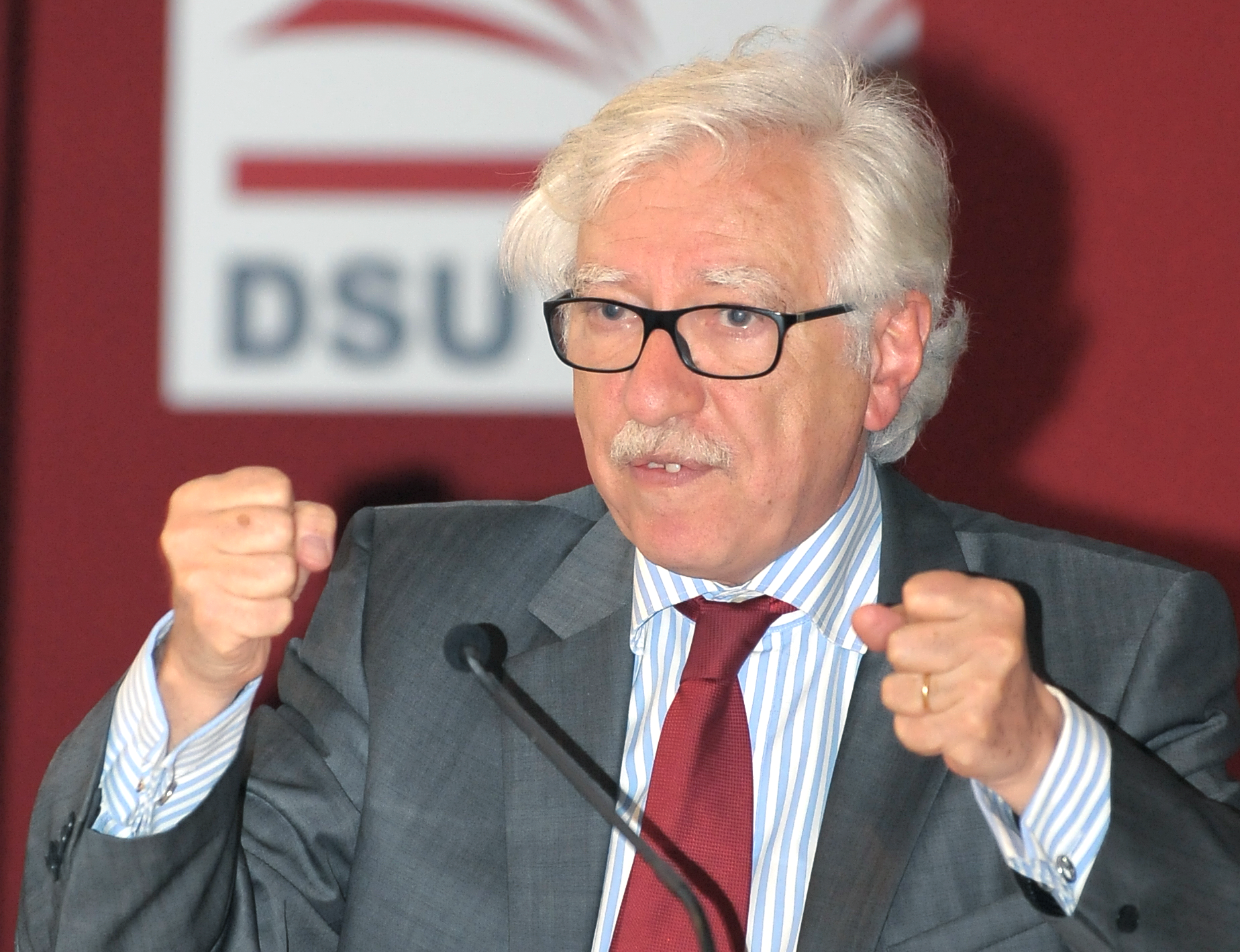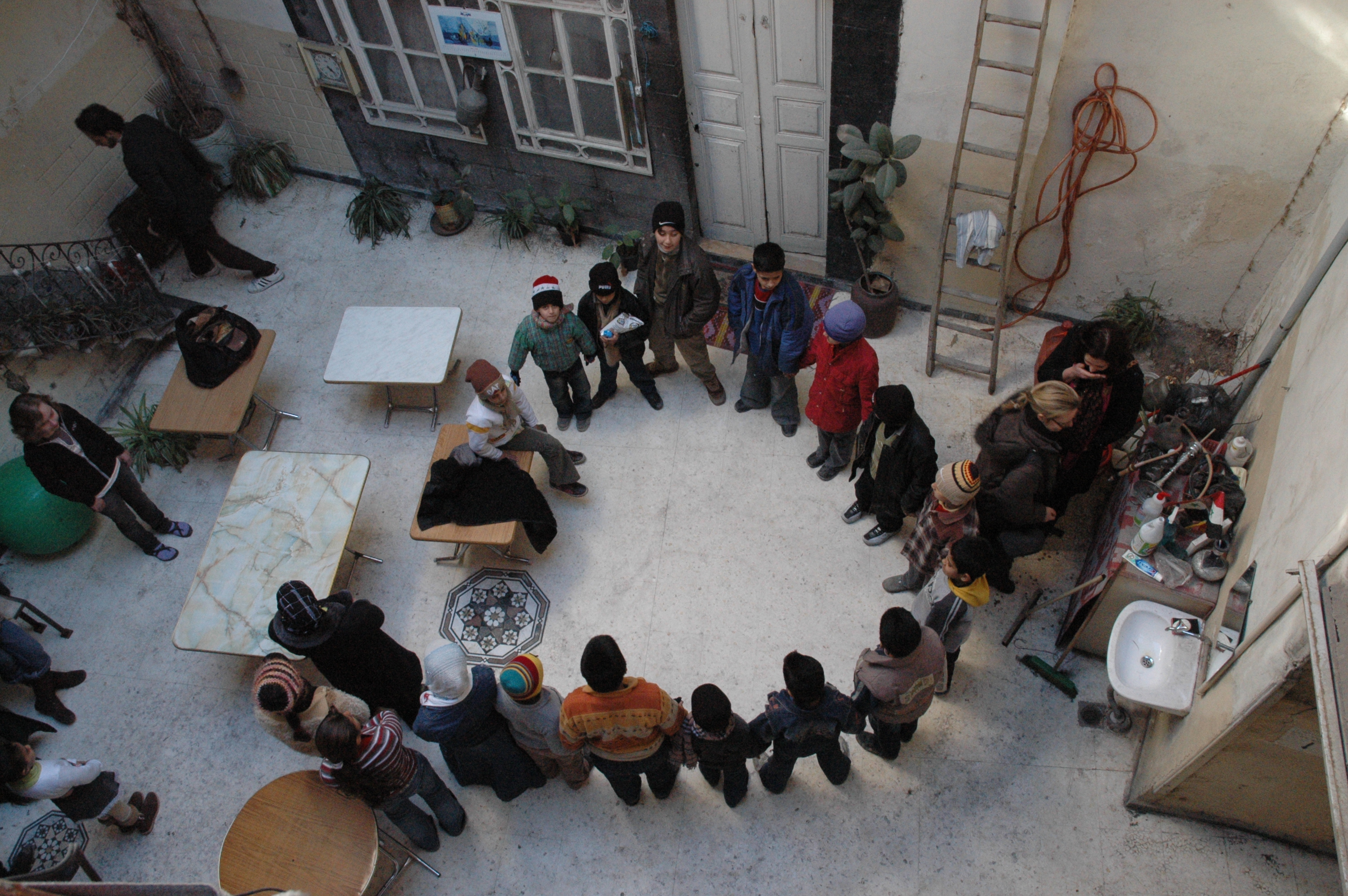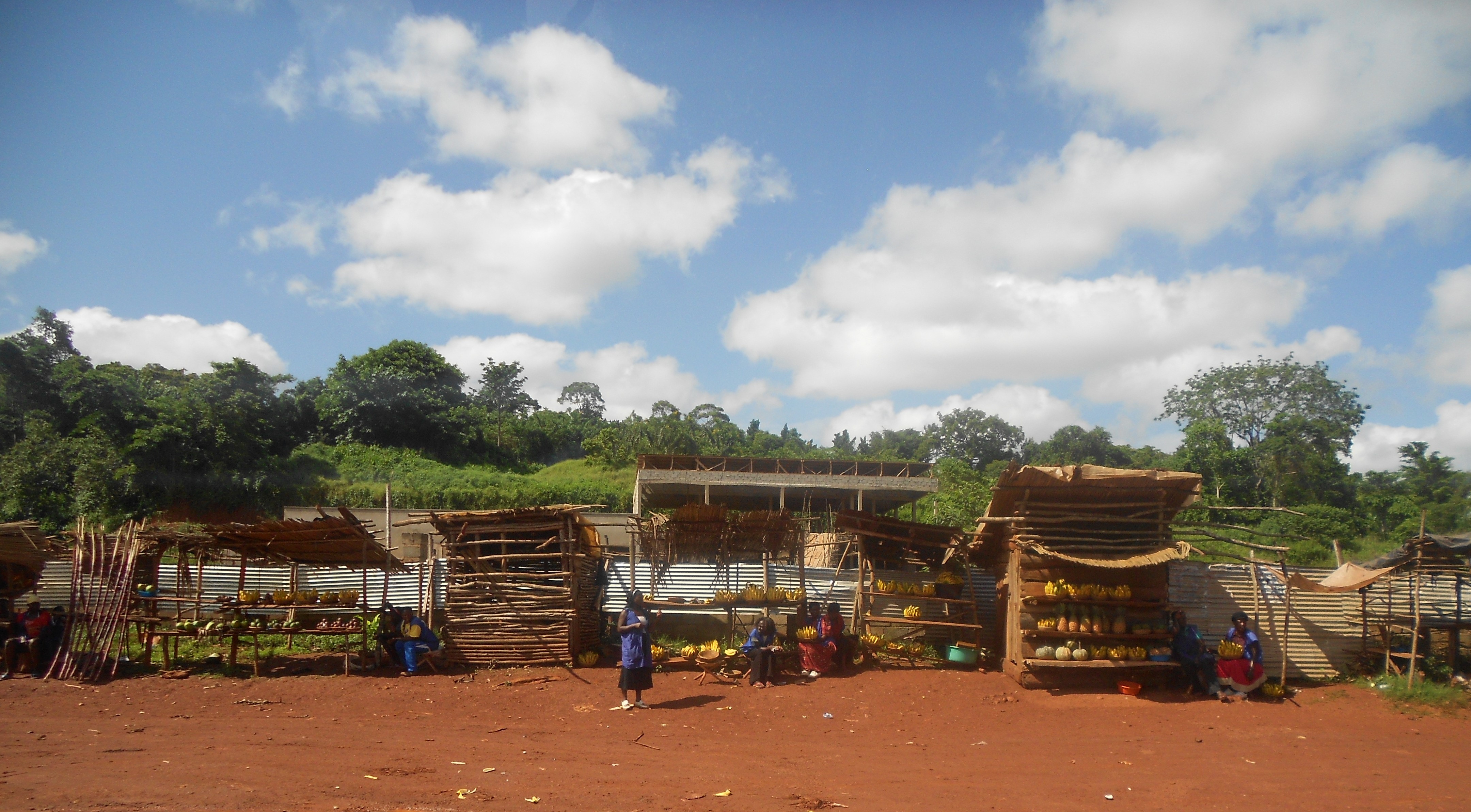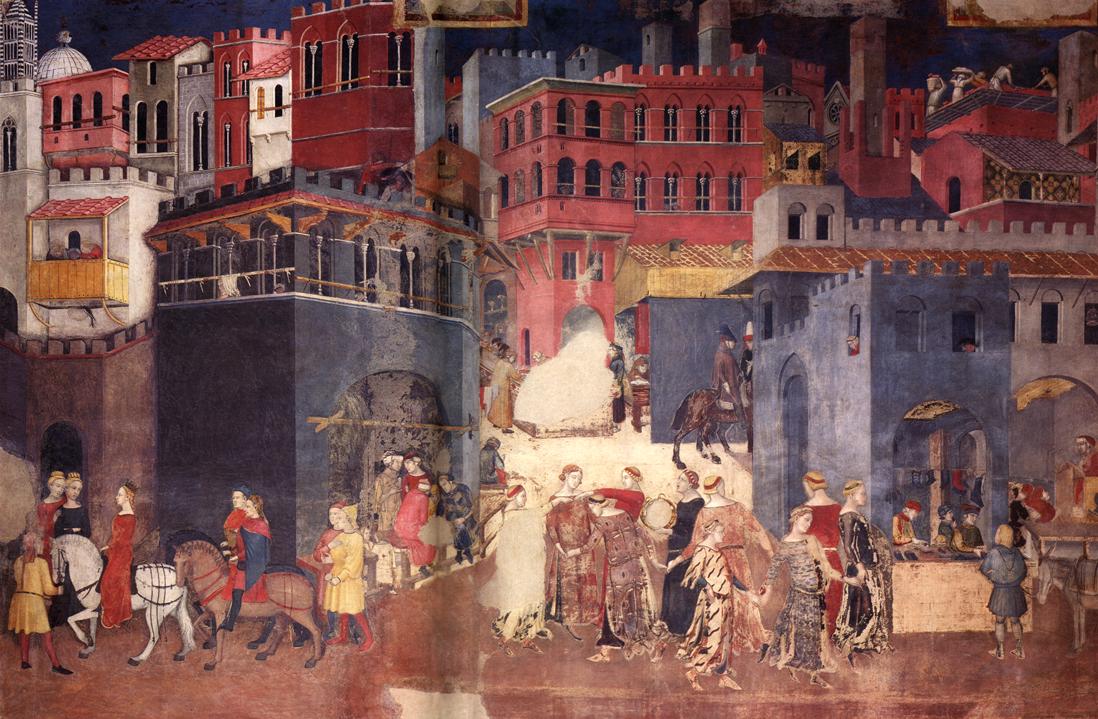Restore people’s place at the heart of public action and globalisation
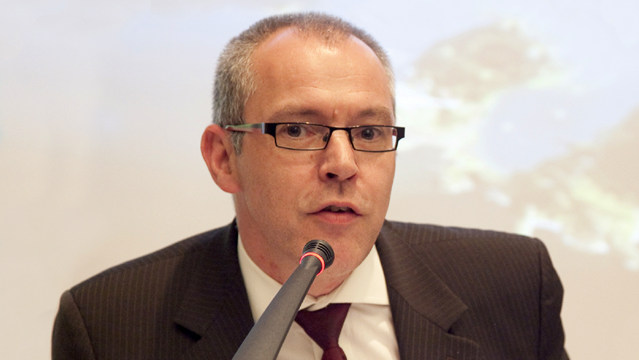
The world is a village! This statement was first introduced into the public debate by Herbert Marshall Mc Luhan, a Canadian sociologist, in the 1960s and referred even then to modern means of communication...
...that allowed information to be disseminated at ever greater speeds and enabled people to know, through television and radio, what was going on anywhere on the planet. Today, we know that this vision was still light years away from the current reality given how much recent means of communication have transformed our everyday lives and our knowledge of the world.
Communication means, the ease with which we travel from one continent to another, the interweaving of our economies through trade, these can all be seen as an opportunity for human development, but they can also be perceived as a threat if we do not understand each other and if we do not know each other.
Globalisation did not start with the internet and telephone and in fact it has been consubstantial to the history of humanity since the beginning, ever since the day our first ancestors left the Horn of Africa to discover the vast world beyond and to find places favourable to their development.
Humanity has always gained benefit from exchanges and acquired learning from crossing paths with others, often along with suffering from wars but sometimes also peacefully and from the will to make advancements in science.
This is how the Chinese invented porcelain, for example, and the Europeans turned it into a flourishing industry. What would the world be like if the Italians, Spaniards and Portuguese had not financed its exploration? Where would we be without the sharing of knowledge and written works?
The internet revolution did not create globalisation, but it did speed up the exchange of information, often to the detriment of analysis but to the advantage of a certain democratisation of information, which has become accessible to growing numbers of people.
As those closest to the citizens by way of their actions and their democratic representation, local and regional governments must respond to the need to establish relations built around exchanges and cooperation. The nineteenth and twentieth centuries were ones that revolved around nations but if we look to the past, it was the cities, or city-states in fact, that promoted trade and cultural and scientific exchanges. In Europe, there were the Italian republics in the South and the Hanseatic League in the North. More recently, it has been European municipalities, working together within the Council of European Municipalities and Regions,that have established the human ties necessary for reconciliation, an essential stage in European construction, by setting up twinning links.

The world is a village! - Herbert Marshall Mc Luha
Decentralised cooperation arose from the idea that the interests of Nations, inordinately affected by specific geo-strategic considerations, sometimes diverged from the interests of the citizens, who were represented by their local and regional governments. It is important and noteworthy to recall that the cities created an International Union long before the States even came up with the idea. Edouard Herriot, Mayor of Lyon for many years and French statesman, co-founder of IULA and CEMR , used to say “Everything separates the States but everything unites the municipalities”. This is the spirit that we would like to bestow upon the ties formed between municipalities and regions of the world! The challenges connected to urbanisation today are vital and they shall determine humanity’s future. With the likelihood of having 70% to 80% of the world’s population living in urban centres, the question of democratic organisation becomes just as relevant as the questions concerning essential public services: access to drinking water, the treatment of household waste, mobility… not to mention schools, health, culture, access to citizenship, gender equality, youth participation in democratic life. On all of these issues and many others, the actions of local and regional governments are essential.
Keeping the human element at the heart of public action is consubstantial to the idea itself of cooperation between cities and regions of the world. Far removed from the diplomatic considerations of States, this “soft diplomacy” allows citizens to share knowledge and to learn from one another in order to find responses to any concrete problems they may face.
Beyond this mutual learning, it is a question of fostering exchange and understanding, without standardising everything but by providing a shared comprehension in view of constructing a more united world built on solidarity. A world where men and women are able to reject conflicts and wars because they know each other better. Globalisation has not put an end to wars and conflicts, far from it unfortunately, but the example of European construction shows that neither is there inevitability. Friendship among different peoples can be built on the still smouldering ashes of past conflicts. Decentralised cooperation can play a contributing role in this area too. Learning to live together and appreciate each other, going beyond differences, these are the stakes of globalisation with a human face that are inherent in cooperation between cities and regions of the world.
To face up to this extraordinary challenge, the support of experts like Sandra Ceciarini is essential. With her experience and knowledge of decentralised cooperation networks and support programmes, she can make a invaluable contribution to any projects entrusted to her. As both a committed citizen and one who is also an expert in European public policy, she has exactly what it takes to make projects a success. I can therefore recommend her services in complete confidence. I wish Sandra the best of luck and a long successful future to her new venture.
Frédéric VALLIER
Secretary General of the Council of European Municipalities and Regions
August 2014
(1) International Union of Local Authorities (created in 1913 in Ghent, Belgium)
(2) Council of European Municipalities and Regions (created in 1951 in Geneva, Switzerland)




 All news
All news
